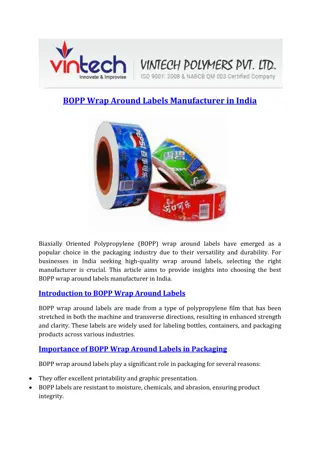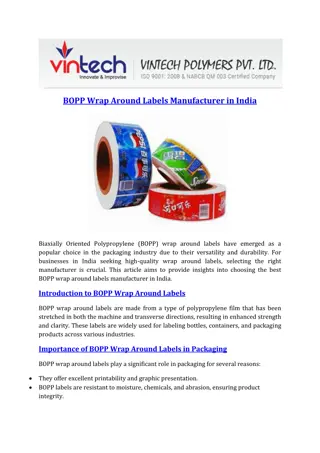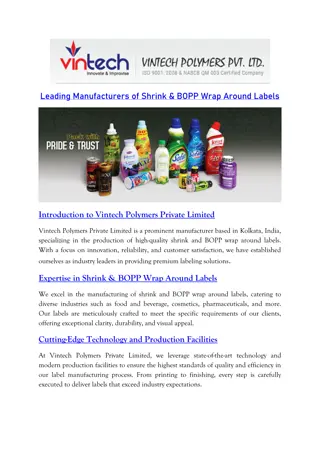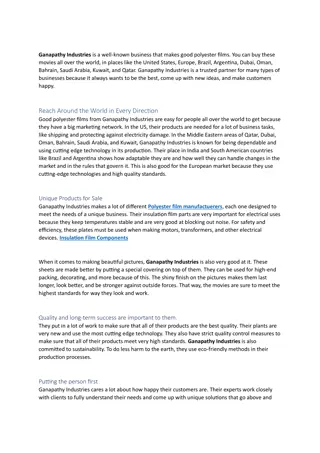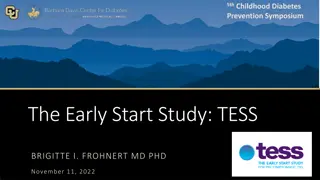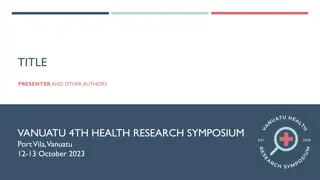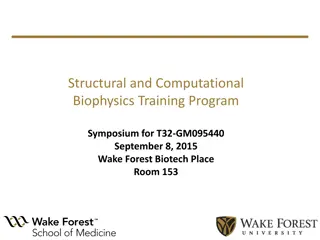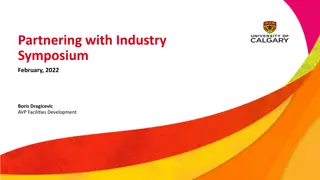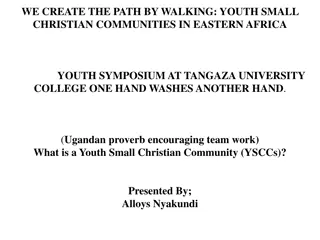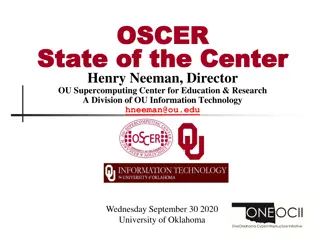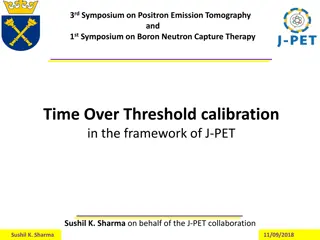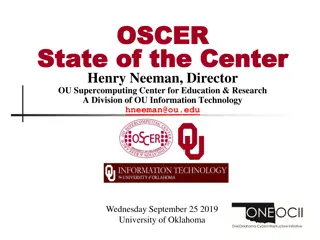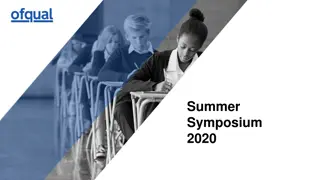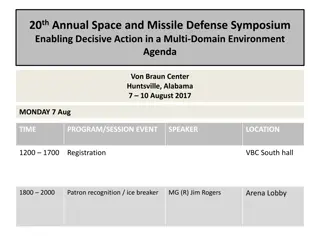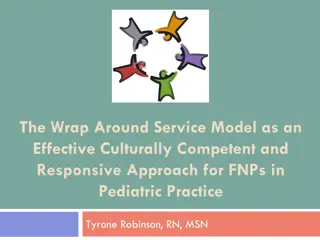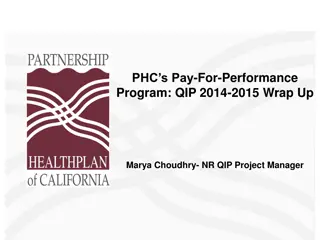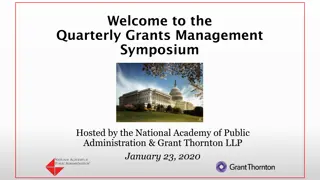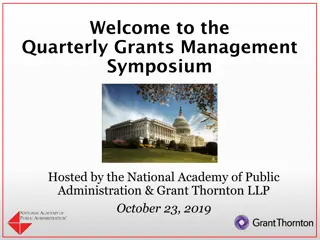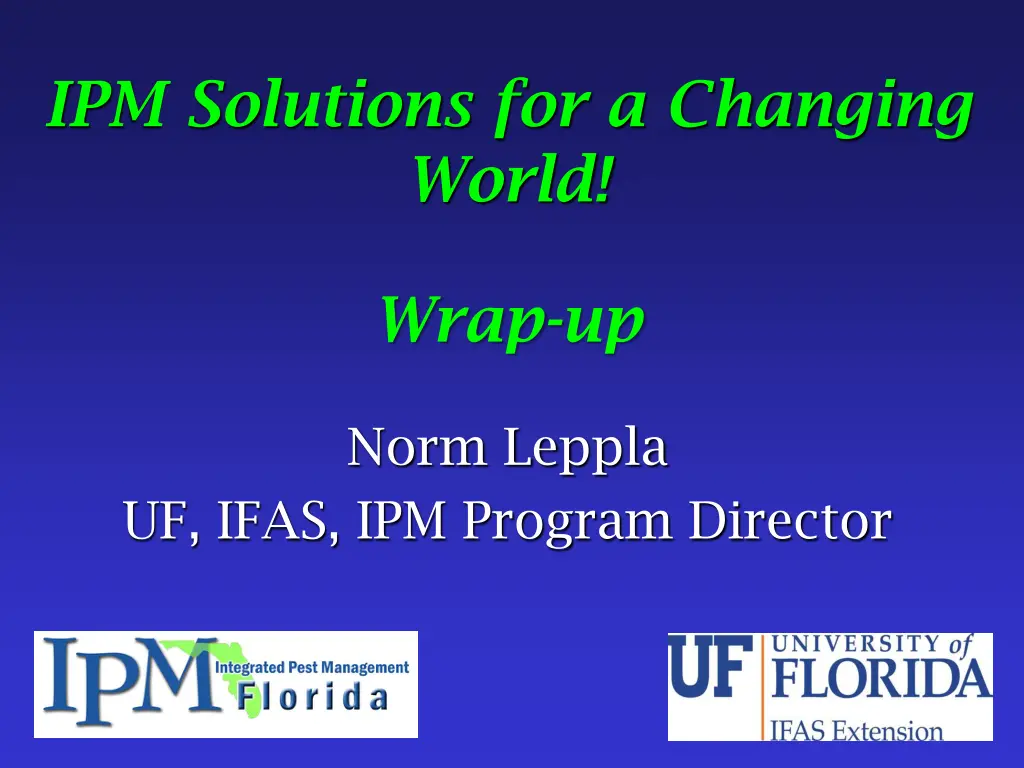
Insights from the 8th IPM Symposium: Challenges and Solutions
Explore key takeaways from the 8th IPM Symposium discussing the evolving world challenges like food security, invasive species, and resistant pests. Experts emphasize the shift towards sustainable pest management practices and the need for integrated approaches in agricultural research and pest management. Mark Robson highlights the importance of international training in IPM, inspiring renewed enthusiasm for impactful work ahead.
Download Presentation

Please find below an Image/Link to download the presentation.
The content on the website is provided AS IS for your information and personal use only. It may not be sold, licensed, or shared on other websites without obtaining consent from the author. If you encounter any issues during the download, it is possible that the publisher has removed the file from their server.
You are allowed to download the files provided on this website for personal or commercial use, subject to the condition that they are used lawfully. All files are the property of their respective owners.
The content on the website is provided AS IS for your information and personal use only. It may not be sold, licensed, or shared on other websites without obtaining consent from the author.
E N D
Presentation Transcript
IPM Solutions for a Changing World! Wrap-up Norm Leppla UF, IFAS, IPM Program Director
General 1st IIPM Symposium 1989 (every 3 years) 474 Registrations (649 in 2012) 28 Countries (30 in 2012) 217 Sessions (6 tracks, <2012) Presentations online Complete evaluation, on-line survey Volunteer- planning for 2018 in April! Thanks- Army of volunteers Special thanks to Elaine Wolff!
What did we learn at the 8th? The world is changing fast- hotter, flatter (global), crowded. New grand challenges for humanity- food security for 9 billion people, invasive species, resistant pests and diseases, etc. Parag Chitnis- Are we meeting these challenges? Or, are we essentially doing more of the same and expecting a different outcome? Mark Lame encouraged us to be leaders and change agents, with courage! Clearly, as important as pesticides have become, pesticide-centric pest management is not sustainable.
What did we learn at the 8th? Alternatively, we must accept the biological complexities of agro-ecosystems and integrate all available technologies into knowledge-based approaches to managing pests (including weeds) and diseases. This dynamic approach requires increased investments in agricultural research, Extension and education, including trained pest management professionals. To address the Wicked Problems described by David Shaw, it is necessary to maintain our agricultural infrastructure and support long-term research and development.
What did we learn at the 8th? Mark Robson described the importance of international training in IPM. The 2015 IIPM Symposium has been highly motivational and informative- let s return to our important work with renewed enthusiasm!

